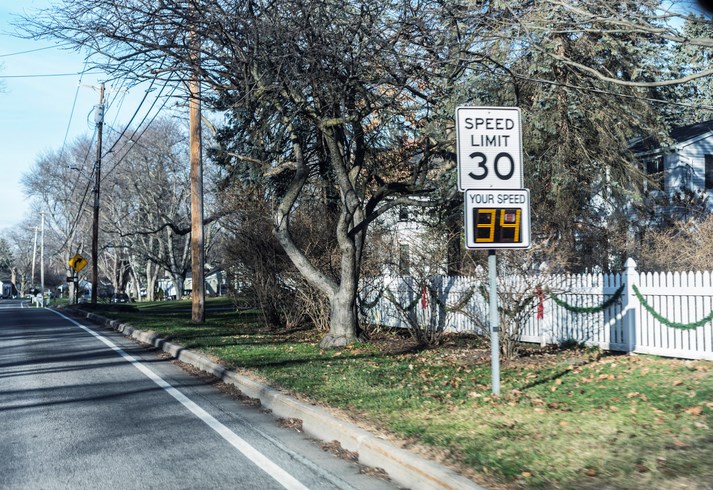One of the aspects of our lives that will face remarkable challenges once the COVID-19 pandemic ends is transportation.
Cities across the country endured weeks and months of empty roads and few transit users. Strategies have been devised to revitalize downtown cores and ensure that all industries are ready to welcome commuters for work and leisure.
The past few weeks have provided multiple opportunities to see how British Columbians feel about the present and the future. In the city of Vancouver, almost two-thirds of residents are in favour of . In the Fraser Valley, a proposal to establish a is endorsed by 88% of residents. The current government’s goal of ensuring that all light-duty cars and trucks sold in the province are is endorsed by 70% of the province’s residents.
Those of us who have spent more time at home, taking full advantage of virtual offices, have become more aware of our surroundings on weekdays. , almost three in 10 Canadians told us that their homes are not as quiet as they used to be, with unnecessary noise from vehicles identified as the main hindrance.
Municipalities have a difficult time establishing mitigating measures for the noise caused by vehicles, but one thing that is clearly within their purview is the speed at which vehicles of all types can circulate in specific areas.
A few weeks ago, the Vancouver neighbourhood of Grandview-Woodland became the first to test a “slow zone” for vehicles. This pilot project began after City Council unanimously approved a motion submitted by Councillor Pete Fry two years ago to reduce speed limits to 30 km/h (from 50 km/h) on select residential streets.
The city is expected to issue a report on the pilot project this fall. The “slow zone” features gateway and speed-limit signs, as well as special paint markings to remind drivers to slow down.
When Research Co. and Glacier Media recently asked British Columbians about this pilot project, 66% considered it a good idea, while 22% deemed it bad. The numbers are unchanged from the , just after Councillor Fry’s proposal passed in Vancouver. By a three-to-one margin, the notion of cars circulating at lower speeds in residential streets continues to be welcomed by the province’s residents.
The favourable views voiced towards the pilot project are accompanied by a sizable proportion of residents who claim to witness speeding on a daily basis. Across the province, 39% of British Columbians say they see a car that they perceive is circulating above the current limit of 50 km/h at least once a day on the street where they reside.
Speeding motorists are not unique to the province’s largest urban area. The proportion of British Columbians who are exposed to speeding on their streets reaches 45% in the Fraser Valley, 42% in Vancouver Island and 41% in northern 小蓝视频 The situation is not as dire in Metro Vancouver (37%) and southern 小蓝视频 (35%).
We will have to wait until the fall to see what the outcome of Vancouver’s pilot project is, but many residents of other jurisdictions would welcome a similar approach. Just over three in five British Columbians (61%) say they would personally like to see the speed limit reduced to 30 km/h on all residential streets in their own municipality, while keeping the speed limit on arterial and collector roads at 50 km/h.
Support for this modification is highest among women (66%), residents aged 35 to 54 (64%) and those who live in Vancouver Island (65%). In the event this matter begins to be discussed at the provincewide level, public backing reaches 67% among those who voted for the 小蓝视频 New Democratic Party (NDP) in last year’s provincial election, 62% among 小蓝视频 Green Party voters and 61% among 小蓝视频 Liberal voters.
The appetite from British Columbians to have lower speed limits in residential areas remains unabated two years after the first proposal to study a possible change was authorized. A majority of the province’s residents continue to say they would be happy with a reduction of speed limits on residential streets.
Mario Canseco is president of Research Co.
Results are based on an online study conducted from June 6 to June 8, 2021, among 800 adults in British Columbia. The data has been statistically weighted according to Canadian census figures for age, gender and region in British Columbia. The margin of error, which measures sample variability, is plus or minus 3.5 percentage points, 19 times out of 20.

